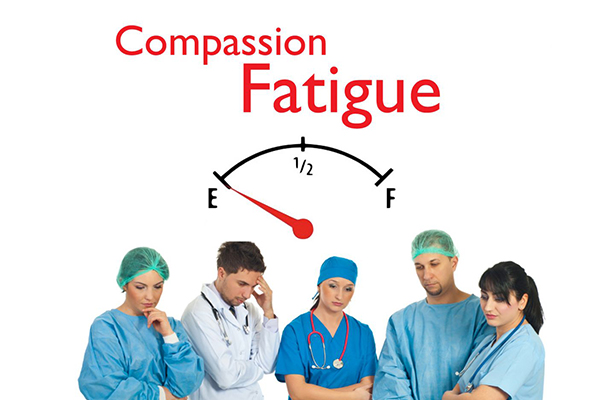Caregiver Fatigue Syndrome Caregiver Fatigue Nursing Vicarious Traumatization Secondary Trauma
Occupations in Which one Provides Care for Others can put Workers at Risk for “Burnout”.
Working in the helping professions can be seen as a calling or perhaps a compatible and fitting occupation.
After a long day providing care and concern at work, and in your personal life at home, you might be at risk for compassion fatigue also called caregiver fatigue syndrome.
Occupational Hazard for:
- Nursing and related professions;
- Mental health-related work (addictions, mental health, extended care, etc.);
- Physical care related work (support workers, care aides, physiotherapists, etc.);
- Children/youth services (social workers, foster parents, youth workers);
- Addiction-related work (mental health support, grief and loss support).
Risks for Helping Profesionnals
Book your Counselling Appointment Today
Signs and Symptoms of Compassion Fatigue or Burnout
- Sleep disturbance (initiating sleep or staying asleep; or over-sleeping);
- Feeling angry responses to patient/client needs;
- Wondering if clients/patients are faking illness or need;
- Avoiding work;
- Hiding or pretending to be busy (longer bathroom breaks, doing paperwork to avoid direct care);
- Using sick days strategically to avoid certain clients or patients;
- Having nothing left to give in your personal life to family, children or friends;
- Loss of interest or feeling too tired to engage in in hobbies;
- Loss of interest or feeling too tired to engage in self-care.





